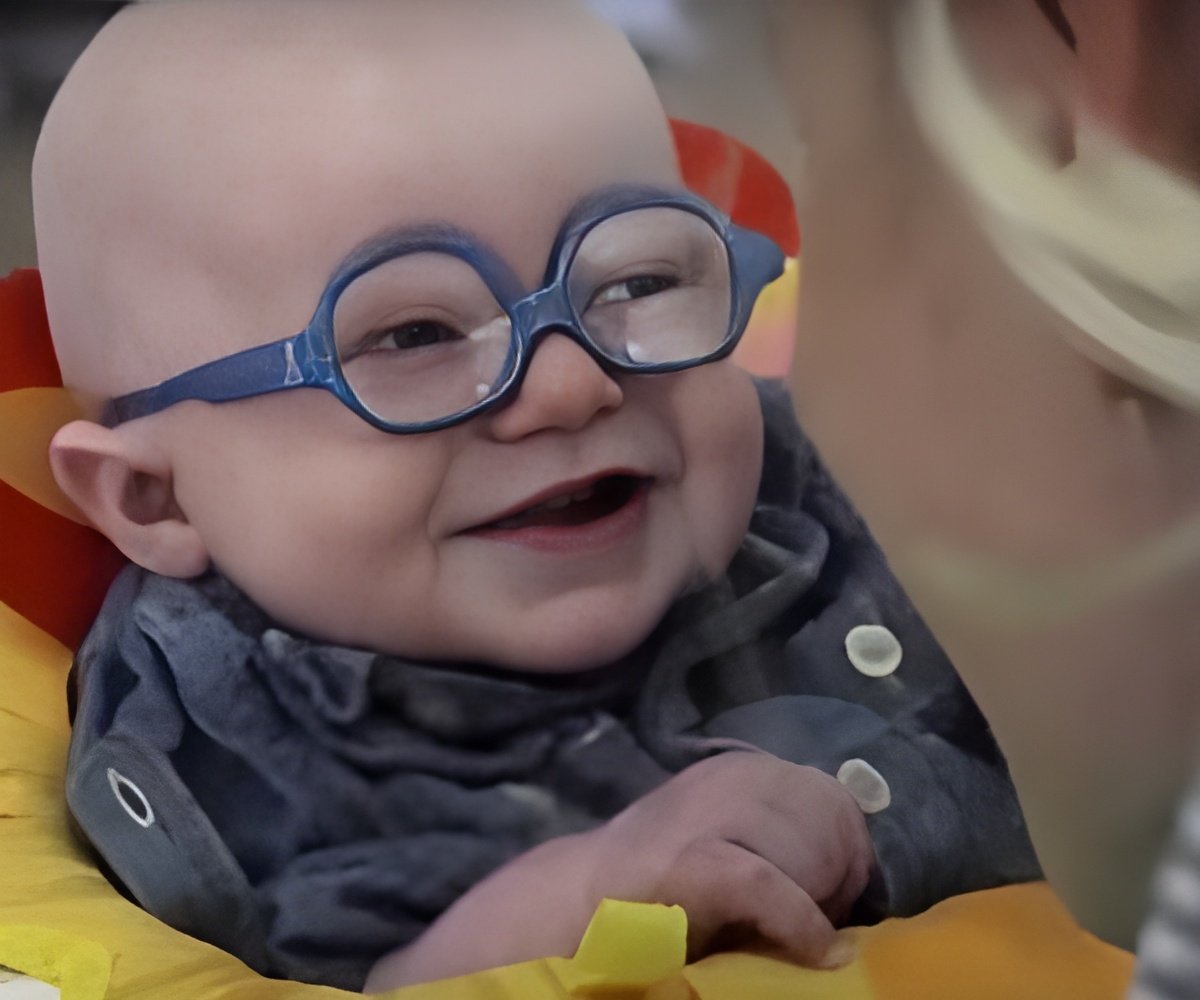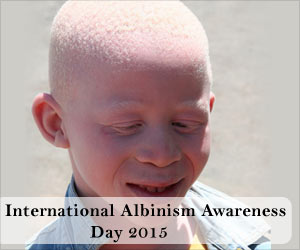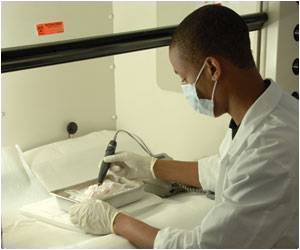
‘Oculocutaneous albinism is a rare disorder in which the color of the person’s hair, skin and eyes are affected.’
Tweet it Now
“I had some issues holding the camera because I was crying so much. I was overwhelmed with emotion. It’s just very touching. You cannot anticipate how you’re going to feel when something like that happens. It was very heartwarming.”“Leo looked at my wife for the first time and saw her for the first time.”
Oculocutaneous Albinism affects one in 20,000 children and affects the color of their skin, hair and eyes and leaves them with extremely bad vision.
The family sought treatment from Los Angeles-based pediatric ophthalmologist Kenneth Wright and got special infant glasses from Miraflex, a US glasses company.
The glasses have normal lenses but are made of a rubber like material which does not have screws, hinges, and sharp edges.
Advertisement
David said that before his son used to ‘see with his hands’ because of impaired vision.
Advertisement
According to the NHS, a person with oculocutaneous albinism is missing the pigment from their irises, which is the colored part of the eye. This causes impaired vision and sensitivity to light.
Source-Medindia














